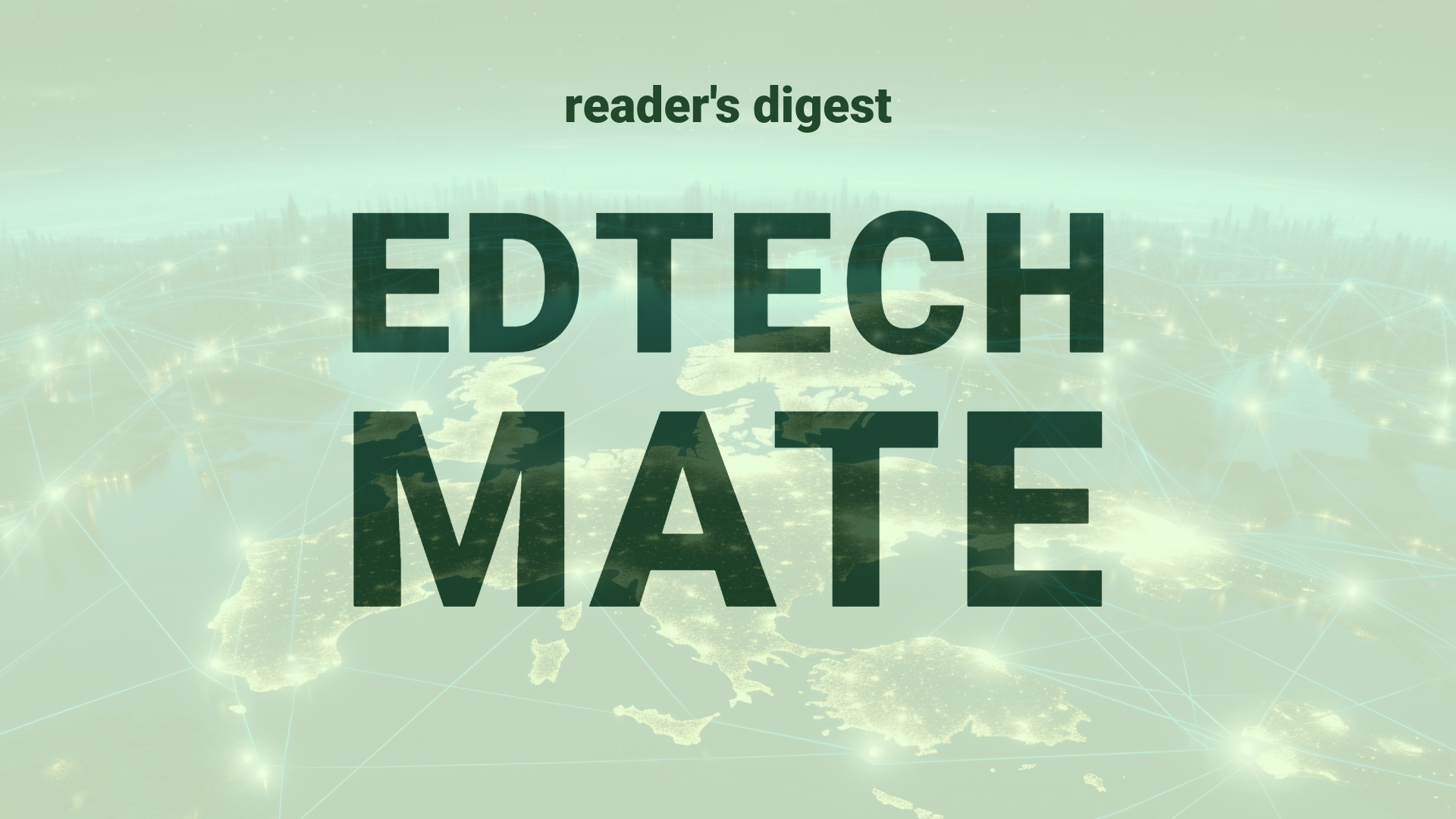“`html
Executive Summary and Main Points
In the evolving landscape of global higher education, the need for personalized employee recognition has come to the forefront. Employers often miss the mark in aligning rewards with employee expectations, potentially hindering motivation and engagement. This article underscores the importance of self-reflection and communication for employees to receive personally meaningful rewards and recognition in the workplace. A strategic five-step approach is recommended, including internal reflection, listing and ranking desired rewards, observing team dynamics, engaging in candid discussions with managers, and providing constructive feedback post-reward.
Potential Impact in the Education Sector
The outlined approach can significantly impact Further Education, Higher Education, and Micro-credentialing. Tailoring rewards and recognitions to individual preferences can fuel intrinsic motivation among educators and administrators, fostering a culture of achievement and progress. Moreover, the integration of this approach can strengthen strategic partnerships within and across institutions, enhancing collaborative efforts and incentivizing innovative educational practices in a digitalized academic environment.
Potential Applicability in the Education Sector
The principles presented are poised for innovative applications within global education systems. Digital tools can facilitate personalized recognition platforms, allowing for AI-driven analytics to match rewards with employee profiles. This could lead to customized professional development pathways, adaptive learning opportunities for faculty, and fostering an environment that values individual contribution as much as collective success.
Criticism and Potential Shortfalls
While the proposed strategy offers a promising direction, potential shortfalls include the risk of personal biases influencing reward decisions and the challenge in maintaining fairness and equity in recognition. Diverse international case studies reveal that cultural and ethical implications of recognition practices require careful consideration, necessitating a nuanced and culturally sensitive rewards system.
Actionable Recommendations
To leverage these insights, leaders in international education should encourage a self-reflection culture among staff and provide platforms for clear communication regarding rewards. Implementing digital tools for personalized recognition and creating formal processes for feedback post-recognition can ensure that the rewards strategy aligns with the diverse needs of the educational workforce. Continuous analysis and adaptation of these strategies should be ingrained in the institutional framework to maintain relevance in an ever-changing global education landscape.
“`
Source article: https://hbr.org/2024/05/what-really-motivates-you-at-work

